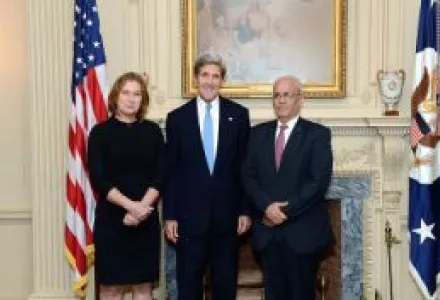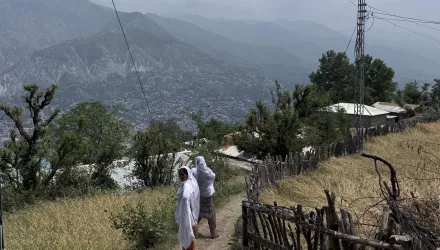This seminar proposes the logic for using symbolic reparations in conflict negotiations. Symbolic reparations are strategies that "deal with the past" by non-monetary means, such as truth and reconciliation commissions, historical-narrative revisions, official apologies, and public commemorations. These strategies are assumed to lessen the effects of contested history as an underlying cause of conflict and/or facilitate changes in the perceptions and relationships of former adversaries. In general, these strategies have been associated with post-conflict peace-building stages.
This seminar proposes two rationales for using these strategies early on during the negotiation stage. First, symbolic reparations enlarge the bargaining space by introducing new trade-offs into the negotiations. Second, symbolic reparations signal a commitment to changing the public sphere and lessen the lack of long-term trust, which is often a significant impediment during negotiations.
To illustrate the potential effects of symbolic strategies, the seminar considers the application of symbolic reparations to the "historical" case of the 1948 Palestinian refugees in the context of Israeli-Palestinian peace negotiations. The empirical analysis draws on previous rounds of official negotiations, on track-two workshops and initiatives, and on civil-society projects.
Please join us! Coffee and tea provided. Everyone is welcome, but admittance will be on a first come–first served basis.



